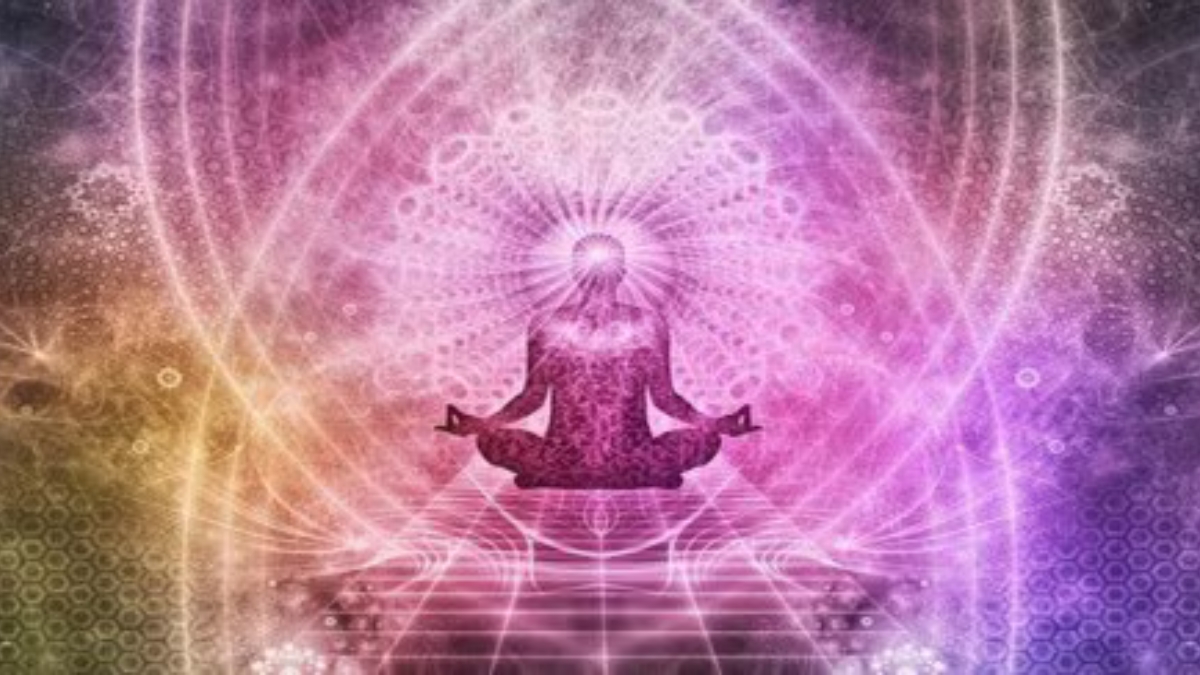Indian scriptures mention the ability to separate the vital life force (prana) from the body and re-enter it as a rare capability achieved through advanced spiritual practices. This concept is closely related to yogic siddhis (spiritual powers) and profound meditative states. Here’s a detailed explanation based on Indian philosophical and spiritual traditions:
Yoga and Prana Control:
In Indian yogic philosophy, it is believed that advanced practitioners can achieve control over their prana (life energy) through techniques such as pranayama and meditation, enabling them to leave the physical body and return at will.
Siddhis (Spiritual Powers):
The Yoga Sutras of Patanjali describe siddhis, extraordinary powers obtained through intense spiritual practices. One of these is mastery over prana, which enables a yogi to separate the soul from the body and re-enter it.
Kaivalya Vidya (Knowledge of Liberation):
In tantric and Vedantic traditions, there is mention of a discipline where an adept can consciously exit their physical body (known as astral travel) and return to it, representing mastery over life and death.
Relationship Between the Soul and the Body:
Indian philosophy explains:
The physical body is a temporary vessel for the immortal soul (jivatma).
Prana serves as the bridge connecting the soul and the body.
Through advanced yoga and meditation, a practitioner can gain complete control over this connection and navigate between the physical and metaphysical planes.

Stories of Ancient Sages and Practitioners:
Numerous ancient Indian texts describe sages with the ability to exit and re-enter the body:
Shukadev Ji:
In the Bhagavata Purana, Shukadev Ji is described as a yogi capable of traversing bodies and planes of existence at will.
King Bali and Lord Vamana:
In another Bhagavata Purana story, King Bali surrenders entirely, experiencing liberation and control over his prana under divine guidance.
Rishi Vashishtha:
The Yoga Vasistha provides teachings about the soul’s ability to transcend the physical form and return to it after achieving spiritual evolution.
Science of Nadi Yoga and Pranayama:
The practice of pranayama and the activation of the sushumna nadi (central energy channel) can lead to advanced spiritual experiences. In yogic texts, it is said that through samadhi (deep meditation), practitioners can leave their bodies temporarily, merging their consciousness with the universal source before re-entering the body.
Modern Perspective:
While science struggles to substantiate these claims, near-death experiences (NDEs) and out-of-body experiences (OBEs) often align with descriptions in Indian scriptures. Some individuals have reported similar phenomena, like astral projection, where they feel their consciousness leave the body temporarily.
Is It Possible?
There are two perspectives on this phenomenon:
Spiritual Belief:
According to yogic and spiritual traditions, it is possible, but it requires intense discipline, years of meditation, and guidance from an enlightened master.
Scientific View:
Modern science considers it as psychological or neurological phenomena, often categorizing it as vivid imagination or a response to extreme stress, such as near-death or trauma.
Conclusion:
Indian scriptures affirm that separating the soul from the body and returning to it is a divine capability reserved for highly advanced yogis and spiritually enlightened beings who transcend the cycle of life and death. For ordinary individuals, it remains a mysterious and inspiring concept, achievable only through intense spiritual effort under the guidance of a guru.
Disclaimer: The information presented in this document is based on interpretations of Indian spiritual traditions, scriptures, and philosophical beliefs. For practical application or deeper understanding, consultation with a qualified spiritual teacher or expert is recommended. This document is intended for informational and educational purposes only. CMS College is not responsible for this.
